
Can Magnesium Improve Metabolism of Pre Diabetic Obese Patients with Kidney Disease

Table Of Contents
Magnesium is an essential part for good metabolism
Metabolism involves converting food to energy through various chemical reactions. If any of these chemicals are lacking, diseases may develop. Magnesium is an essential mineral in metabolism. Hypomagnesemia (low level of magnesium) has been reported in patients with type 2 diabetes mellitus (DM), pre-DM, insulin resistance, hyperlipidemia (high level of fats/cholesterol), hypertension, and cardiovascular and chronic kidney diseases (CKD). Obesity, insulin resistance, and hypertension are considered to be risk factors for developing CKD in pre-diabetics. Magnesium intake reduces the risk of progression from pre-DM to DM.
A metabolic profile represents the measurement of the chemicals involved in metabolism.
The aim of this study was to assess the influence of three-month magnesium supplementation on the metabolic profile of pre-diabetic, obese, and mild-to-moderate CKD patients with hypomagnesemia.
The Study on Magnesium on pre-diabetic and obese patients
118 hypomagnesemic, pre-diabetic and obese patients completed this randomized, double-blind, placebo-controlled trial. Patients received either a magnesium oxide solution or a placebo solution, which consisted of sodium-free carbonated water. Both products were administered once daily for three months.
Urine samples were taken to measure urine protein to urine creatinine ratio. Blood samples to assess glucose, insulin, hemoglobin A1c (HbA1c), creatinine, urea, uric acid, parathyroid hormone, C-reactive protein (CRP), albumin, magnesium, calcium, lipids (triglyceride, high-density lipoprotein cholesterol [HDL-C], total cholesterol, low-density lipoprotein cholesterol [LDL-C]) and hemoglobin were drawn after 8-hour overnight fasting. Follow-up parameters were measured three months after the treatment. Anthropometric measurements like weight, height, waist circumference, and body mass index (BMI) were performed with the subjects wearing light clothing and no shoes.
The Results
At the end of follow-up, the following significantly decreased in the magnesium group: insulin resistance, hemoglobin A1c, waist circumference, blood pressure, glucose, uric acid, and urine protein to creatinine ratio. Furthermore, these decreases, except for the last three items, remained significant when compared with those in the placebo group. If we had increased the duration of magnesium supplementation from 3 months to 4 months, the decrease of glucose would have been significant.
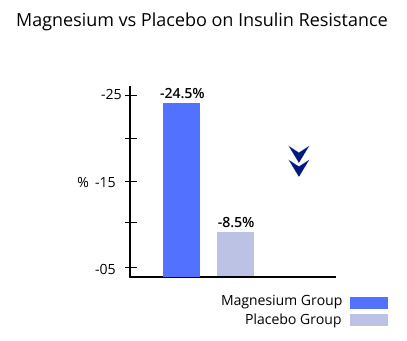
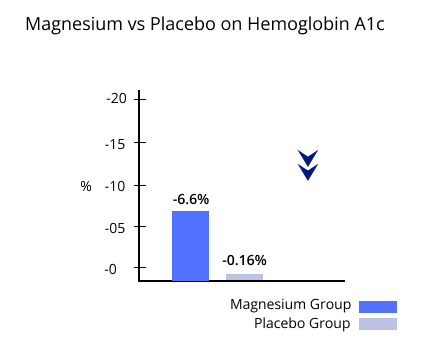
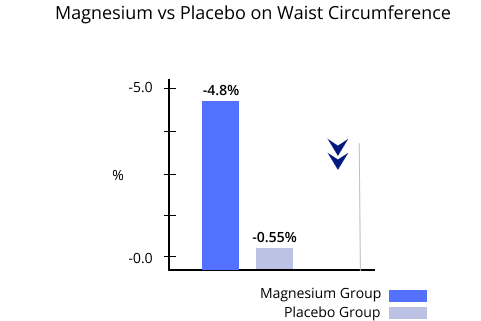
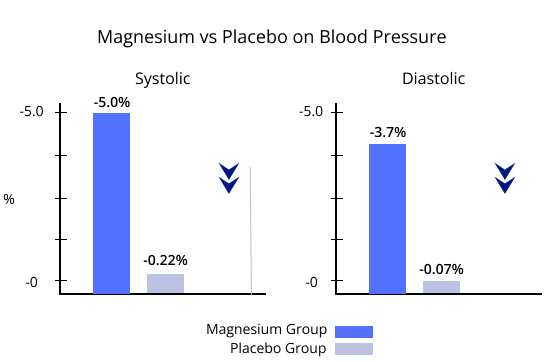
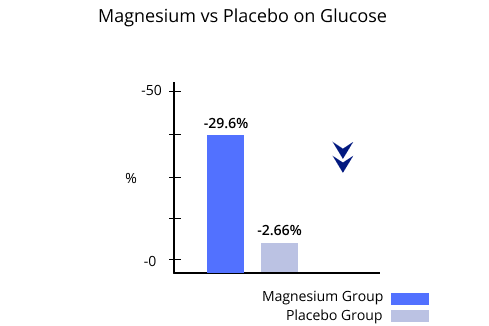
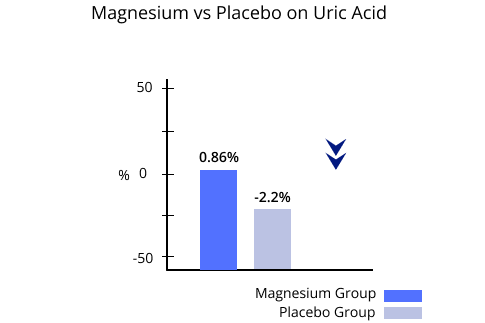
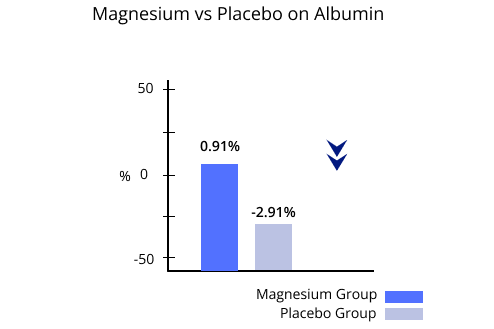
The Conclusion
These findings show that a three-month oral administration of magnesium oxide seems to improve the metabolic profile – and especially insulin sensitivity – in pre-diabetic and obese patients with stage 2 and 3 CKD. It also confirms the beneficial effects of magnesium among CKD patients.
Reference
Related Posts



Quick Links
Legal Stuff




